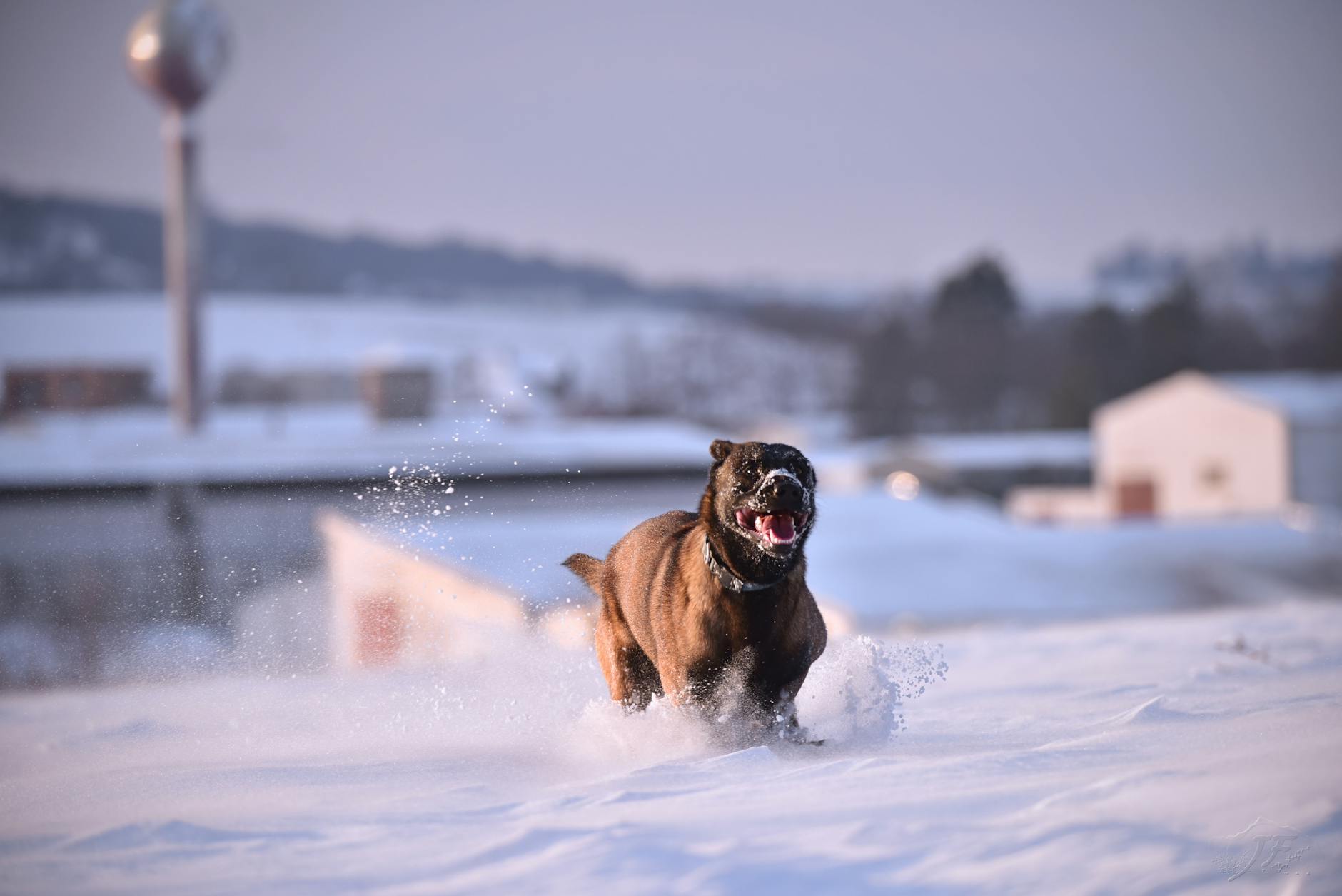Pro Dog Training Work: Ace Tips & Tricks

Expertly training a dog is not just about teaching them basic commands but guiding them to achieve their best and ensuring the process is enjoyable for both the dog and the trainer. Here, you'll find targeted advice to help cultivate exceptional habits and behaviours in your canine companion. So, let's unlock the secrets to transforming your pooch into a model of canine excellence.
Understand Your Dog's Psychology
Before you dive into training, it's essential to understand how your dog thinks and learns. Dogs are naturally pack animals, and they look for structure and leadership. In training, you must establish yourself as the pack leader to earn their respect and attention. Here are some foundational tips to get you started:
- Use Positive Reinforcement: Dogs respond well to positive reinforcement. Reward good behaviour with treats, affection, or playtime.
- Consistency is Key: Consistency in commands and expectations helps your dog understand and predict what is desired, reducing confusion and expediting learning.
- Keep Training Sessions Short: Dogs, especially puppies, have short attention spans. Keep training sessions short and focused – 10 to 15 minutes is ideal.
Mastering Basic Commands
Every well-trained dog should know a handful of basic commands. These not only facilitate better communication between you and your pet but also ensure their safety and the safety of others. Start with these essentials:
- Sit: The foundation of obedience training.
- Stay: Teaches self-control and patience.
- Come: Essential for recall and preventing dangerous situations.
- Heel: The perfect command for structured walks.
- Down: Helps manage excitability and promotes a calm demeanour.
Behavioral Training
Beyond basic commands, there's the broader aspect of behavioural training, including house, crate, and leash training. Here's how to approach these critical areas:
- House Training: Maintain a strict feeding and potty breaks schedule, and use crate training to prevent accidents.
- Crate Training: Introduce the crate slowly, making it a positive experience with treats and comfort items.
- Leash Training: Encourage proper leash behaviour by maintaining a loose leash during walks and stopping or changing direction when pulling occurs.
Advanced Training Tips
Once your dog has mastered basic training, you can move on to more advanced work:
- Impulse Control: Teach your dog to wait for permission before engaging in activities like eating or playing with toys.
- Trick Training: Engaging your dog's mind with tricks can help to prevent boredom and strengthen your bond.
- Agility Training: Excellent for physical exercise and mental stimulation, particularly for high-energy breeds.
Dealing with Behavioral Issues
You may encounter behavioural issues like excessive barking, chewing, or aggression. Here are some strategies to address these problems effectively:
- Understand the Cause: Behavior is often a response to the environment, so understanding what triggers your dog is essential.
- Redirect Negative Behavior: Provide appropriate outlets for their energy and natural behaviors.
- Seek Professional Help: Don't hesitate to consult a professional dog trainer or behaviourist, especially for persistent or complex issues.
Conclusion
By applying these tips and tricks, you'll be well on your way to mastering the art of dog training. Remember that each dog is unique, and patience is pivotal throughout training. Investing time and effort to effectively train your pooch will unleash their full potential and fortify your excellent bond.
Become an expert in dog training today, and enjoy the incredible journey of guiding your furry friend to new heights of canine accomplishment!